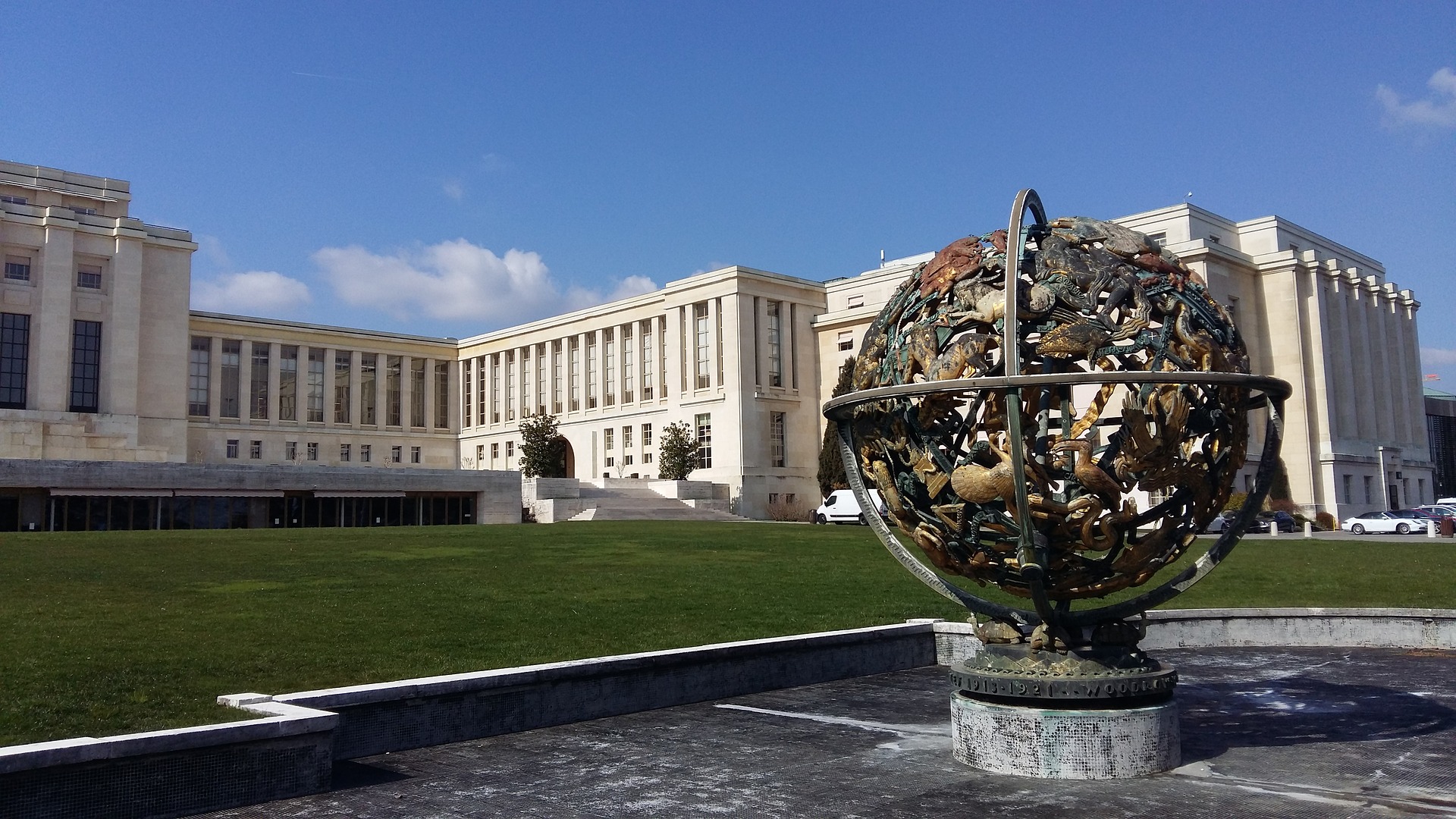High-level representatives from across the spectrum of the international community have voiced their concern regarding a potential increase in violent unrest, racism, antisemitism, and other forms of xenophobia during the uncertainty of the coronavirus pandemic.
United Nations Secretary General António Guterres
“The fury of the virus illustrates the folly of war. That is why today, I am calling for an immediate global ceasefire in all corners of the world. It is time to put armed conflict on lockdown and focus together on the true fight of our lives.”
Read the full statement here
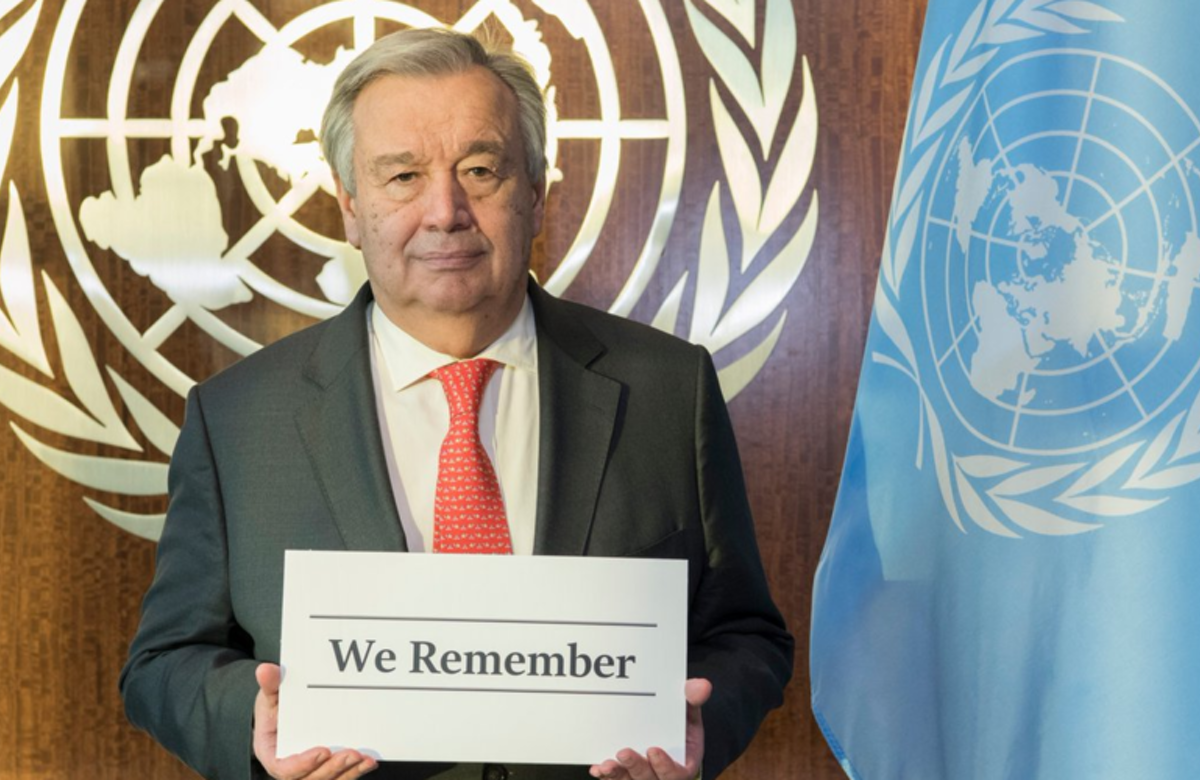
United Nations Resolution
“Emphasizes the need for full respect for human rights, and stresses that there is no place for any form of discrimination, racism and xenophobia in the response to the pandemic.”
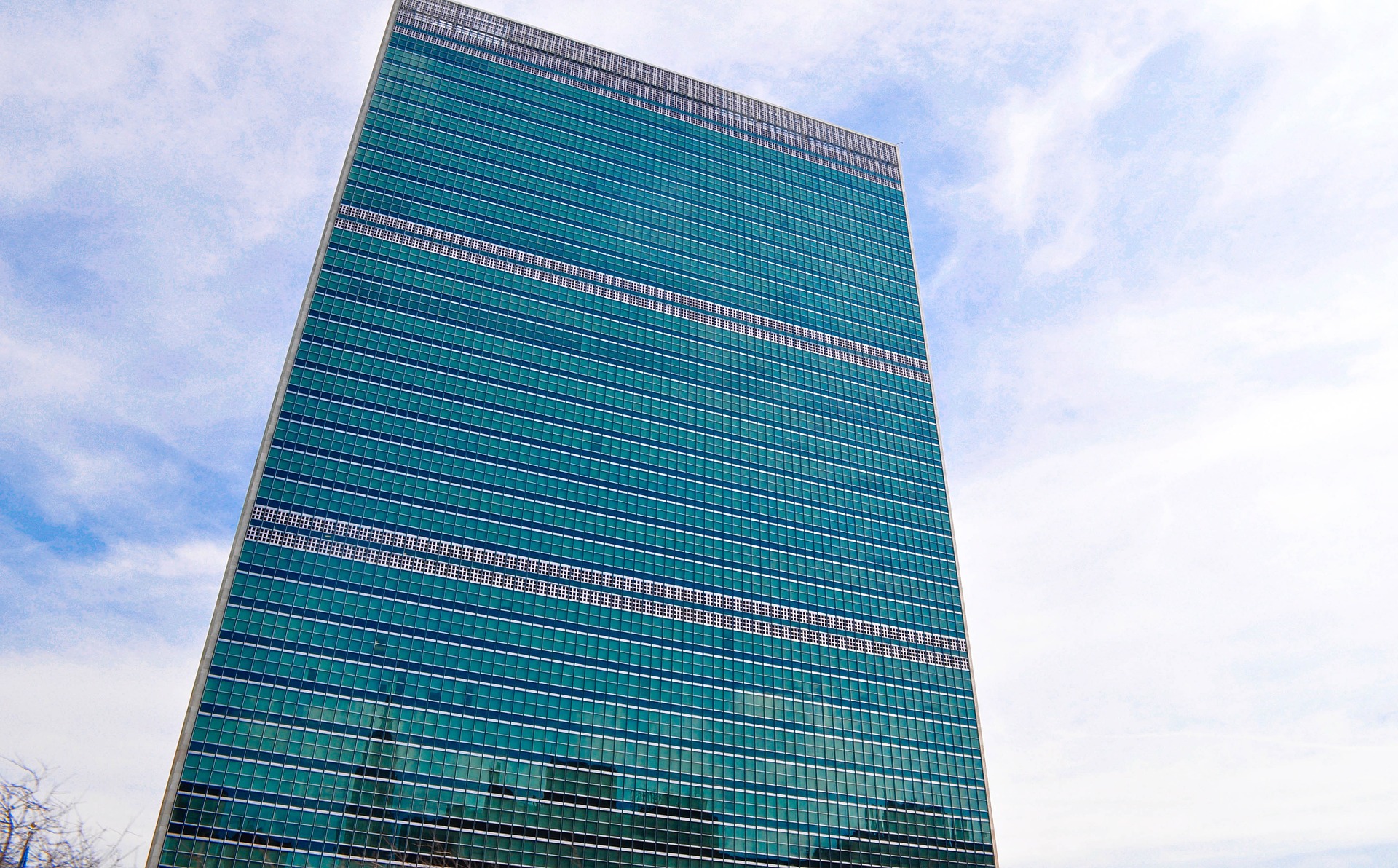
UN High Commissioner for Human Rights Michelle Bachelet and UN High Commissioner for Refugees Filippo Grandi
“The health of every person is linked to the health of the most marginalized members of the community. Preventing the spread of this virus requires outreach to all, and ensuring equitable access to treatment. This means overcoming existing barriers to affordable, accessible health care, and tackling long-ingrained differential treatment based on income, gender, geography, race and ethnicity, religion or social status. Overcoming systemic biases that overlook the rights and needs of women and girls, or – for example – limit access and participation by minority groups, will be crucial to the effective prevention and treatment of Covid-19.”
Read the full statement here
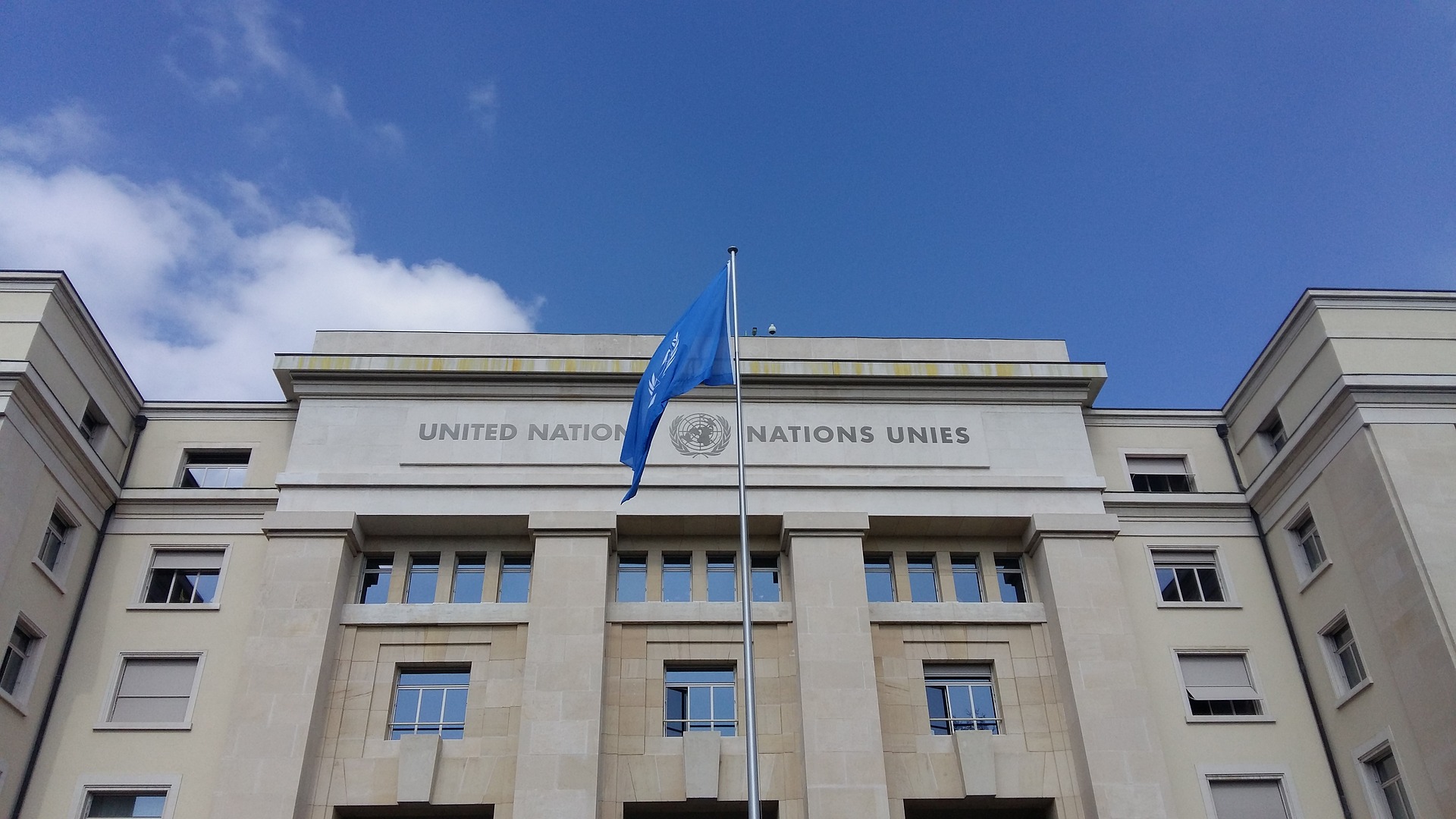
UN High Commissioner for Human Rights Michelle Bachelet
"Emergency measures should be necessary and proportionate to meet that need. People should be fully informed about the emergency measures and told how long they will remain in effect. The enforcement of emergency measures needs to be applied fairly and humanely. Any penalties should be proportional to the offence committed and laid down by law. I am profoundly concerned by certain countries' adoption of emergency powers that are unlimited and not subject to review. In a few cases, the epidemic is being used to justify repressive changes to regular legislation, which will remain in force long after the emergency is over."
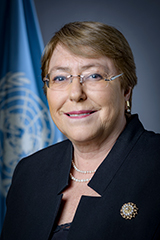 Office of the United Nations High Commissioner for Human Rights
Office of the United Nations High Commissioner for Human Rights
President of the European Commission Ursula von der Leyen
“Any emergency measures must be limited to what is necessary and strictly proportionate. They must not last indefinitely. Moreover, governments must make sure that such measures are subject to regular scrutiny.”
Read the full statement here
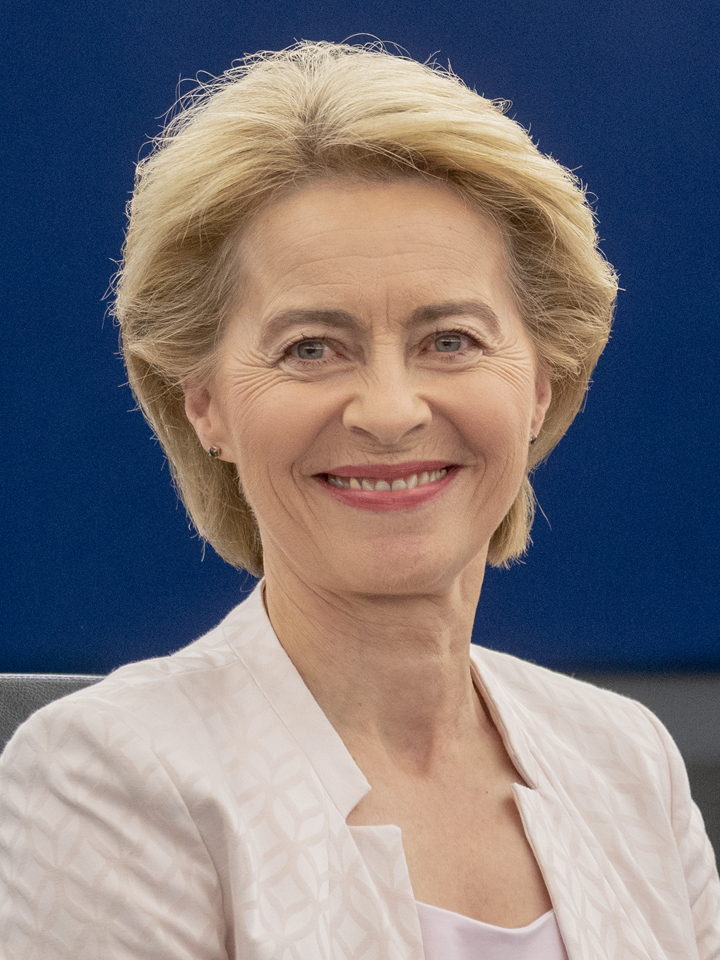 Credit: European Union
Credit: European Union
#Coronavirus has no color, no gender, no social class nor origin.
— UNESCO (@UNESCO) March 24, 2020
Let us stand united in solidarity to win the battle against this pandemic!https://t.co/SoG1e1BNef #COVID19 #FightRacism pic.twitter.com/dcMpEtAOxT
.@Almagro_OEA2015: Today, in the face of the crisis caused by #COVID19, it is essential to guarantee health as a right of public order, instrumental like no other to the right to life.
— OAS (@OAS_official) March 25, 2020
We all have to assume and fulfill our duties and responsibilities in this pandemic. pic.twitter.com/fYeENoLL1V
International Holocaust Remembrance Alliance Chair Ambassador Michaela Küchler
“In these difficult times, we are deeply grateful to all those organizations caring for and taking steps to protect survivors of the Holocaust. As with all elderly people around the world, it is important that we do everything within our means to protect Holocaust survivors who may find themselves particularly vulnerable to the serious health complications of COVID-19.”
Read the full statement here
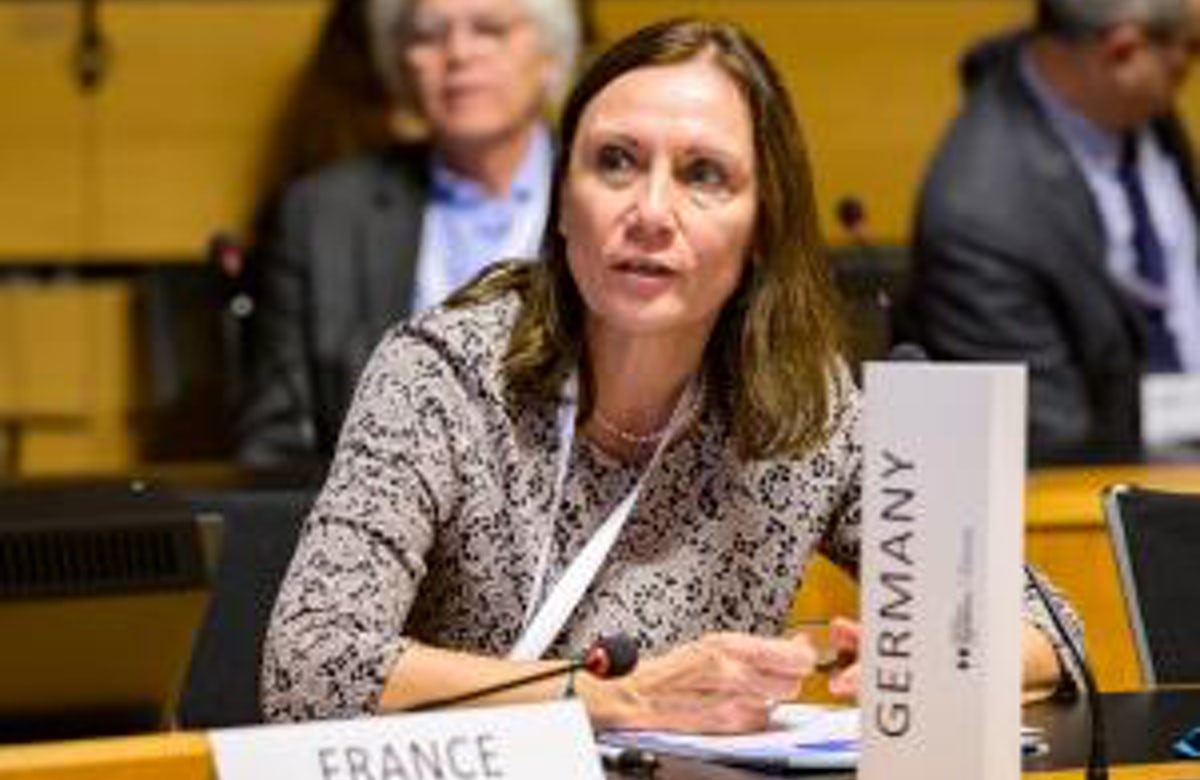 Credit: International Holocaust Remembrance Alliance
Credit: International Holocaust Remembrance Alliance
High Representative for the United Nations Alliance of Civilizations Miguel Moratinos and Special Advisor for The Prevention of Genocide Adama Dieng
“We are all facing the same enemy, one which is invisible, rapidly advancing, taking lives away and causing havoc indiscriminately. But allowing it to tear apart the fabric of our societies is perhaps one of the most serious upheavals that the COVID-19 pandemic is inflicting upon our world.”
Read the full statement here
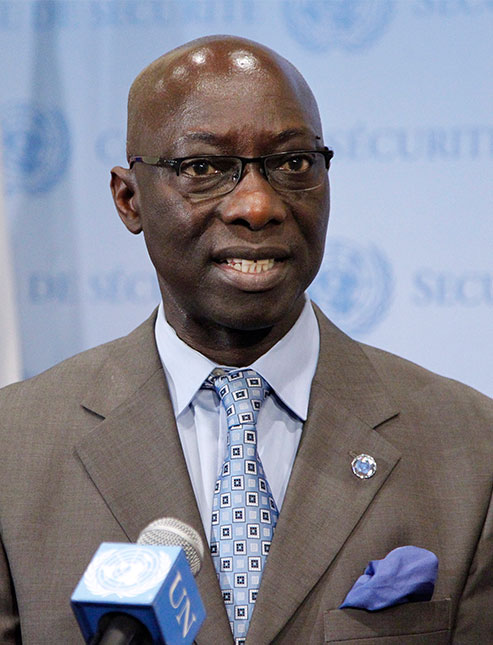
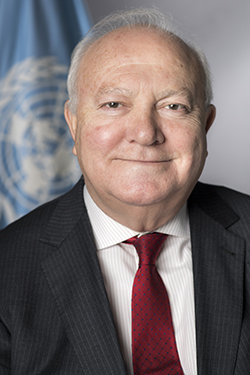
Credit: United Nations Alliance of Civilizations
United Nations Special Rapporteur on freedom of religion or belief Ahmed Shaheed
"I am extremely concerned to see that certain religious leaders and politicians continue to exploit the challenging times during this pandemic to spread hatred against Jews and other minorities. We must collectively reject antisemitism and other forms of intolerance and discrimination now."
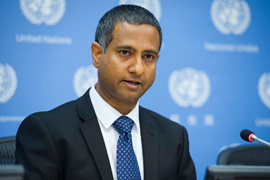 UN Photo/Amanda Voisard
UN Photo/Amanda Voisard
United Nations Special Rapporteur on racism E. Tendayi Achiume
“COVID-19-related expressions of racism and xenophobia online have included harassment, hate speech, proliferation of discriminatory stereotypes, and conspiracy theories. Not surprisingly, leaders who are attempting to attribute COVID-19 to certain national or ethnic groups are the very same nationalist populist leaders who have made racist and xenophobic rhetoric central to their political platforms.”
Read the full statement here
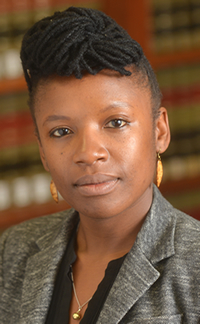 Credit: Office of the United Nations High Commissioner for Human Rights
Credit: Office of the United Nations High Commissioner for Human Rights
United Nations Special Rapporteur on Minority Issues Fernand de Varennes
“Reports of Chinese and other Asians being physically attacked; of hate speech blaming minorities including Roma, Hispanics and others for the spread of the virus; and of politicians calling for migrants to be denied access to medical services, all show that States need to urgently emphasize that the human rights of everyone, in particular of the most vulnerable and marginalized, must be protected.”
Read the full statement here
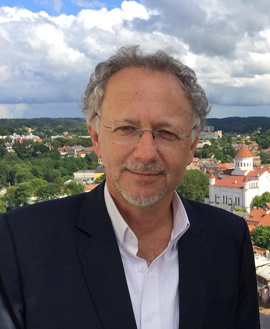 Credit: Office of the United Nations High Commissioner for Human Rights
Credit: Office of the United Nations High Commissioner for Human Rights
Chairpersons of the 10 United Nations Treaty Bodies Join Statement
“States must take active steps to ensure a sense of solidarity prevails, including through protection against racism and xenophobia or the growth of unbridled nationalism,” said Chair of the Committee on the Elimination of Discrimination against Women Hilary Gbedemah.
Read the full statement here
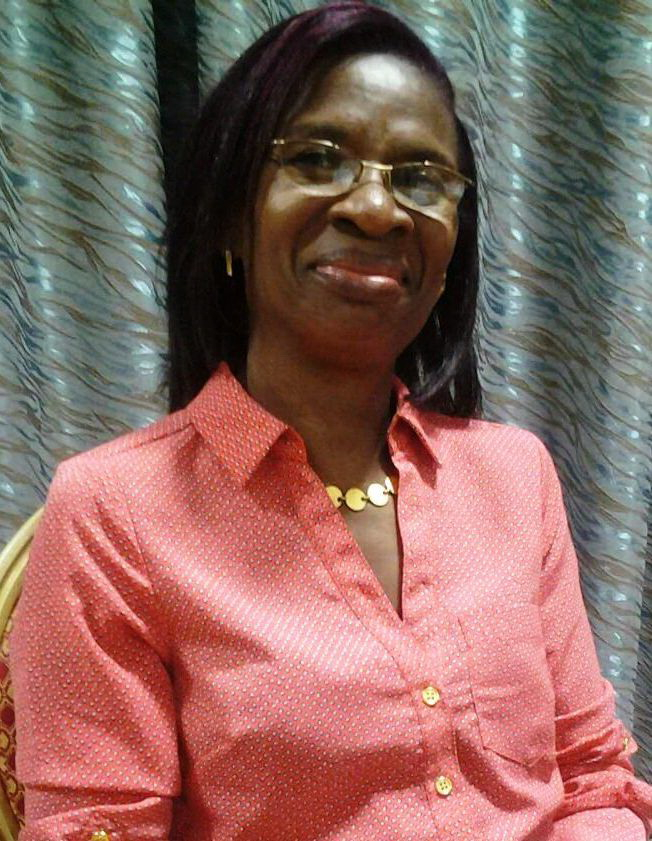 Credit: The Permanent Mission of Ghana to the United Nations
Credit: The Permanent Mission of Ghana to the United Nations
Organization for Security and Co-operation in Europe Parliamentary Assembly’s Special Rapporteur on Disinformation and Propaganda Oscar Mina
“Conspiracy theories, bogus medicines and cures, false regulations and fake claims about vaccines are circulating on the internet and on social media platforms. This disinformation is hindering efforts to contain the outbreak itself, spreading panic, confusion and discrimination, in times when solidarity and co-operation among countries are essential to save human lives.”
Read the full statement here
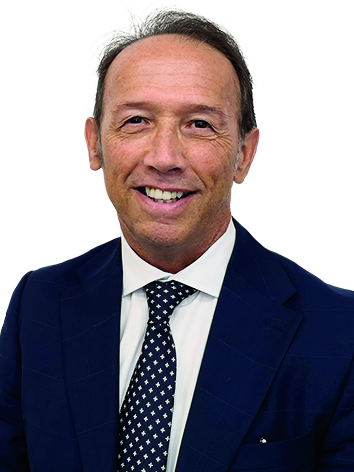 Credit: The Parliamentary Assembly of the Organization for Security and Co-operation in Europe
Credit: The Parliamentary Assembly of the Organization for Security and Co-operation in Europe
Organization for Security and Co-operation in Europe High Commissioner on National Minorities Lamberto Zannier
“As governments rush to introduce emergency measures, it is also vital that they remember to include the needs of everyone in society, including persons belonging to national minorities and other marginalized communities.”
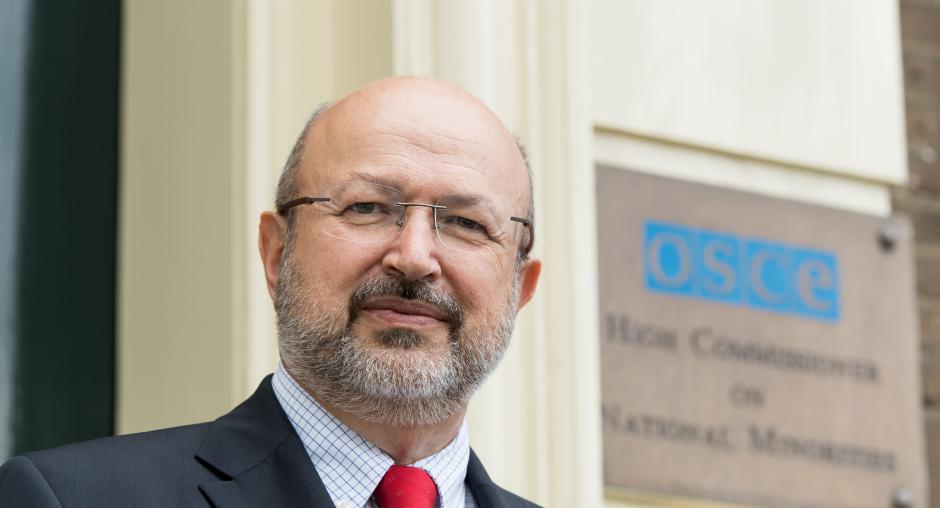 Organization for Security and Co-operation in Europe
Organization for Security and Co-operation in Europe
Organization for Security and Co-operation in Europe Representative on Freedom of the Media Harlem Désir
“While I acknowledge that the use of emergency powers is allowed by international law in response to significant threats, such as the current health crisis, I want to remind all OSCE participating States that any emergency response to the coronavirus must be proportionate, necessary and non-discriminatory.”
Read the full statement here
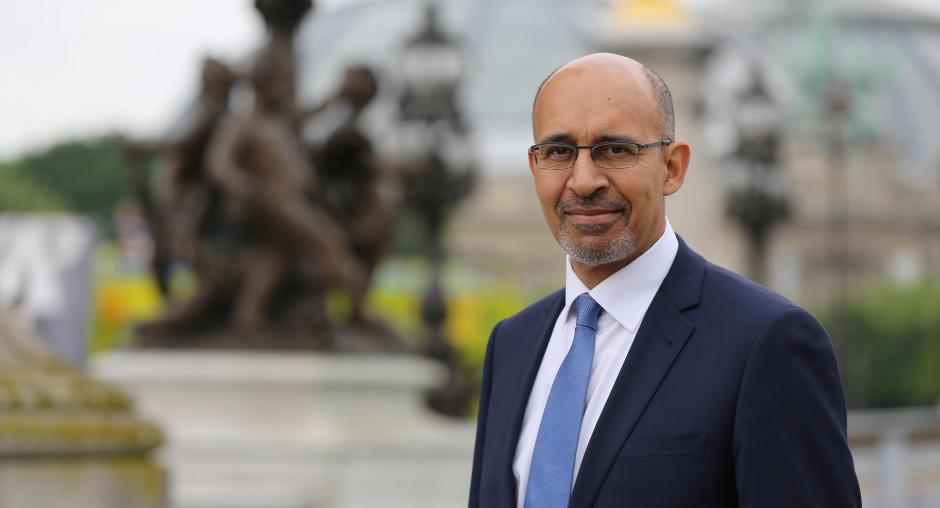 Credit: Organization for Security and Co-operation in Europe
Credit: Organization for Security and Co-operation in Europe
Organization for Security and Co-operation in Europe Office for Democratic Institutions and Human Rights (ODIHR), the EU Agency for Fundamental Rights (FRA), and the Council of Europe’s European Commission against Racism and Intolerance (ECRI) Join Statement
“In the current situation, intolerance and discrimination are not only unacceptable but also counterproductive. Migrants, minorities and their families are suffering as much as the rest of us from the chaos and distress caused by the new illness that is stalking our countries. We will overcome this difficult time as we have overcome many others, but only if we work with and for each other."
Read the full statement here
 Credit: Council of Europe
Credit: Council of Europe
Organization for Security and Co-operation in Europe Office for Democratic Institutions and Human Rights (ODIHR), Director Ingibjörg Sólrún Gísladóttir
“The pandemic and tragic loss of life has led to remind us of our shared humanity and the need to find a shared response. That makes the hatred we are seeing in some places all the more unacceptable. We have seen in so many places how health workers and carers from a multitude of backgrounds, ethnicities, and religions have saved lives and in doing so have sometimes lost their own. This is a time to celebrate the strength of our diverse societies, not to engage in a racist blame game.”
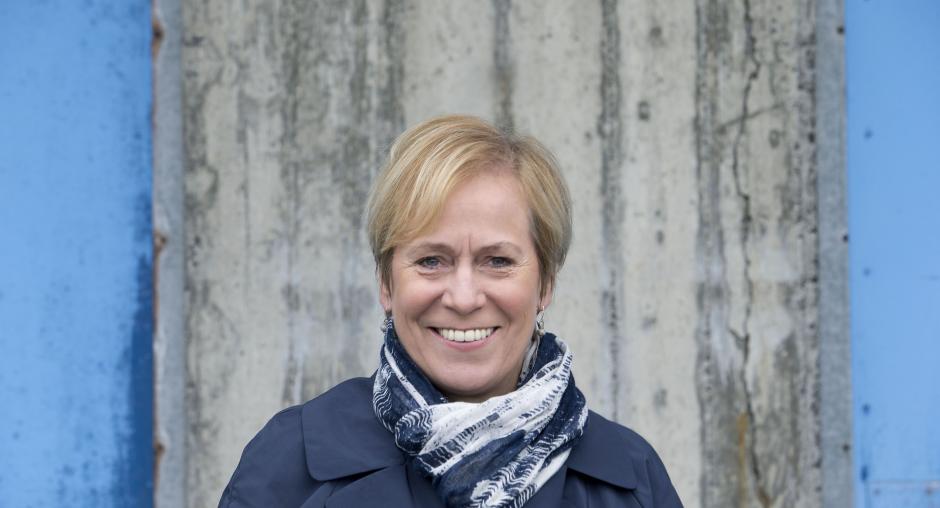 Credit: Organization for Security and Co-operation in Europe
Credit: Organization for Security and Co-operation in Europe
Council of Europe Commissioner for Human Rights Dunja Mijatović
“European governments are fighting against the spread of the pandemic with strong measures. This is necessary to respond to the unprecedented challenge we are facing. At the same time, it is clear that the enjoyment of human rights is affected by the pandemic and the measures adopted to encounter it. The right to health, the broader range of economic and social rights, and civil and political freedoms, are all very relevant in the present context. It is therefore crucial that the authorities take measures that do not lead to discrimination and are proportionate to the aims pursued.”
Read the full statement here
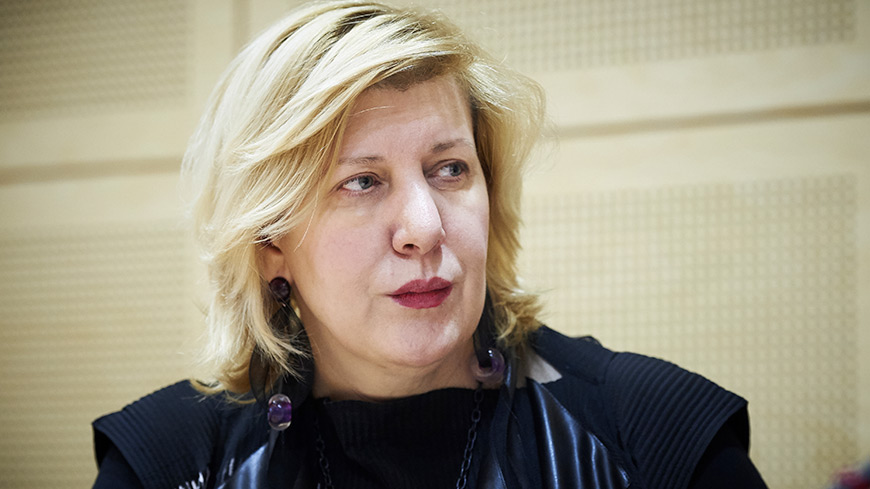 Credit: Council of Europe
Credit: Council of Europe
Working Group of Experts on People of African Descent Chair Ahmed Reid
“States using this pandemic to suspend or roll back human rights relating to affirmative action, the environment, public health, criminal justice, and governance generally disproportionately impair people of African descent in ways that will persist long after the crisis is resolved.”
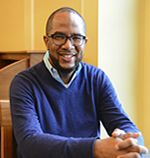
Special Procedures of the Human Rights Council
“Moreover, emergency declarations based on the Covid-19 outbreak should not be used as a basis to target particular groups, minorities, or individuals. It should not function as a cover for repressive action under the guise of protecting health nor should it be used to silence the work of human rights defenders.”
Read the full statement here
